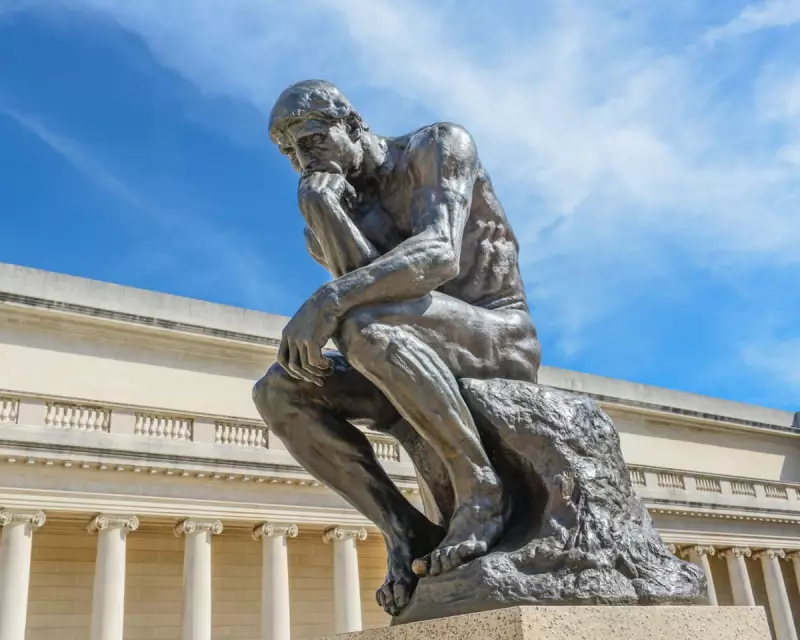
In a bold challenge to the academic establishment, a new voice argues that the era of unchallenged reverence for the liberal arts must end. Jianyang Geng, writing from Edgewater, New Jersey, contends that while these institutions hold intrinsic value, they are not entitled to perpetual social favour or economic exceptionalism.
The Myth of Monopolised Critical Thinking
Geng directly confronts what he describes as a particularly stubborn myth: that liberal arts education holds a monopoly on cultivating critical thinking. He asserts that this belief not only discounts the intellectual rigour demanded in Science, Technology, Engineering, and Mathematics (STEM) fields but also perpetuates an outdated hierarchy of disciplines.
Critical thinking is not the sole attribute of literature and philosophy departments, he writes. Instead, he argues it is deeply embedded in science, engineering, and other technical disciplines where logic and problem-solving are non-negotiable core skills.
Embracing a Market-Oriented Mindset
Rather than lamenting funding cuts, Geng proposes that liberal arts institutions should adopt a more adaptive, market-oriented approach. He points to successful models like the schools of professional studies at major universities such as Columbia as examples to follow.
These schools thrive, he notes, not through adherence to tradition but by responding to market needs with real-world, business-relevant programmes offered in flexible formats. This responsiveness leads to strong outcomes in enrolment, reputation, and revenue.
Addressing potential fears about dumbing down degrees or commodifying education, Geng suggests that market accountability and employer feedback can serve as effective safeguards, ensuring academic standards are maintained while meeting contemporary demands.
A Call for Necessary Reform
The argument comes against a backdrop of growing concerns within the sector, highlighted by recent reports of universities axing foreign language degrees, blaming a 'societal shift'. Geng's central thesis is that reverence for tradition does not justify resistance to reform in today's evolving educational landscape.
He concludes that liberal arts colleges can no longer cling to the notion of being uniquely 'noble', insulated from market pressures by government funding and external endowments. For these institutions to remain relevant and viable, a significant shift in perspective and operation is not just advisable—it is imperative.





